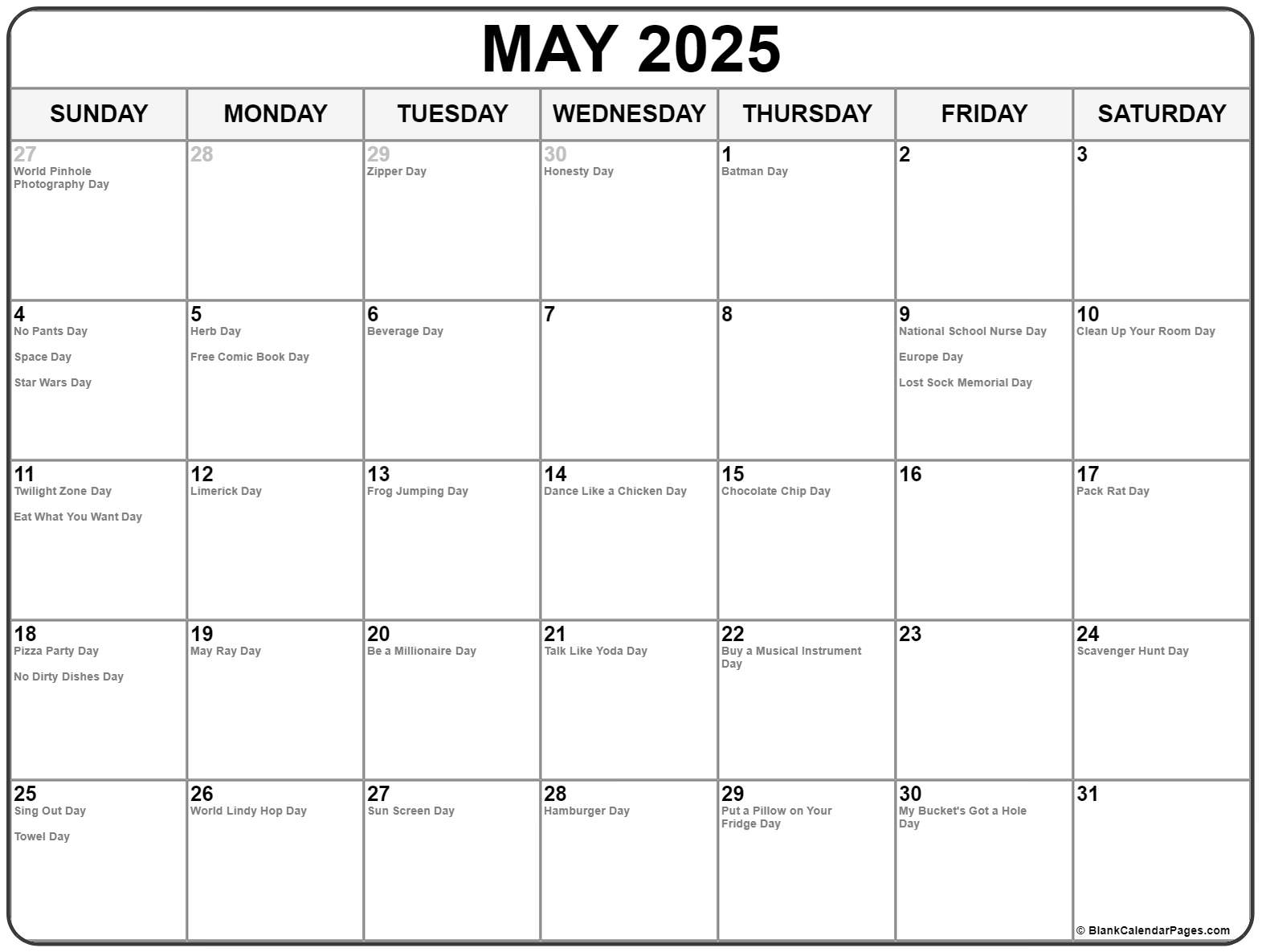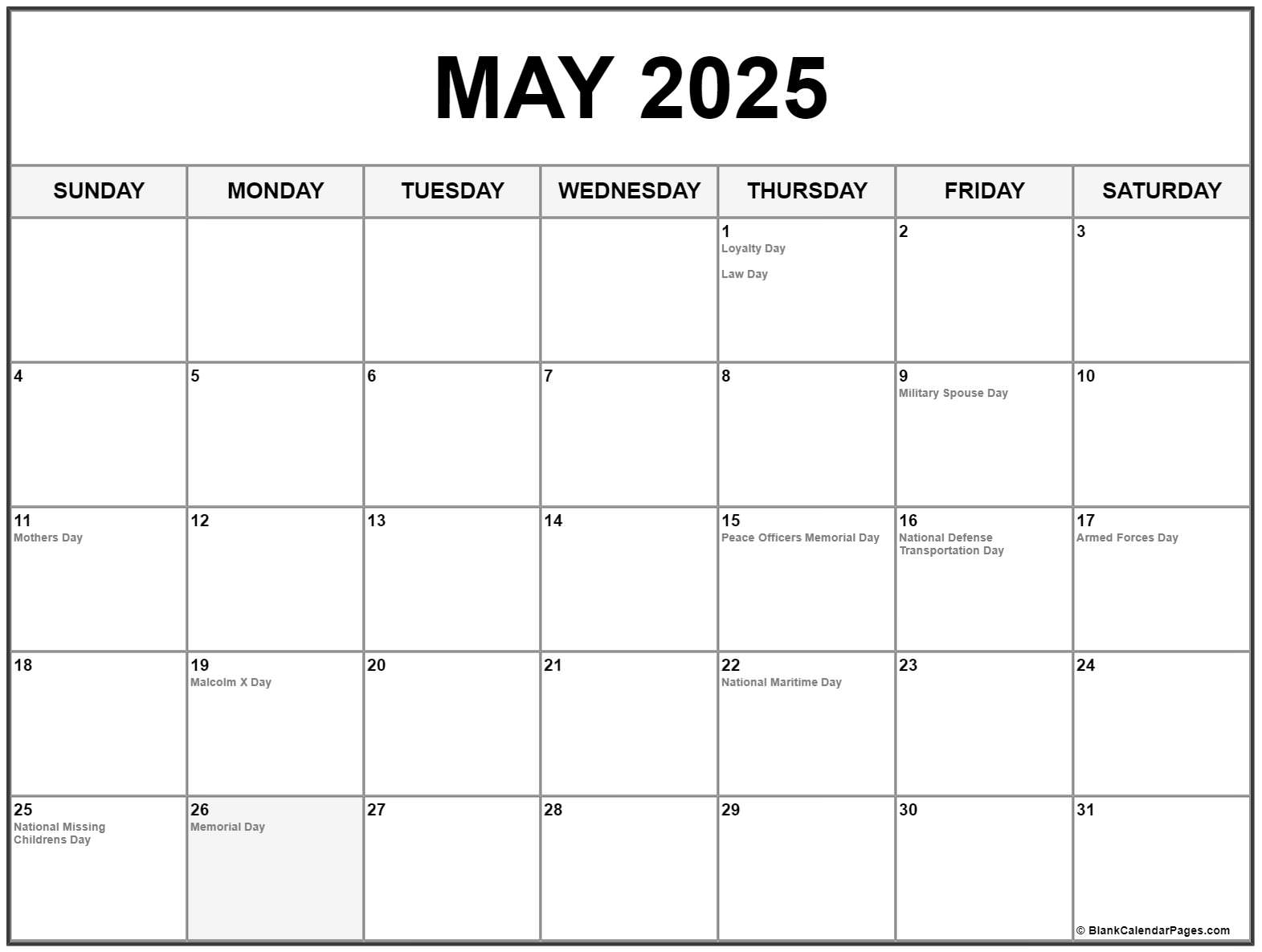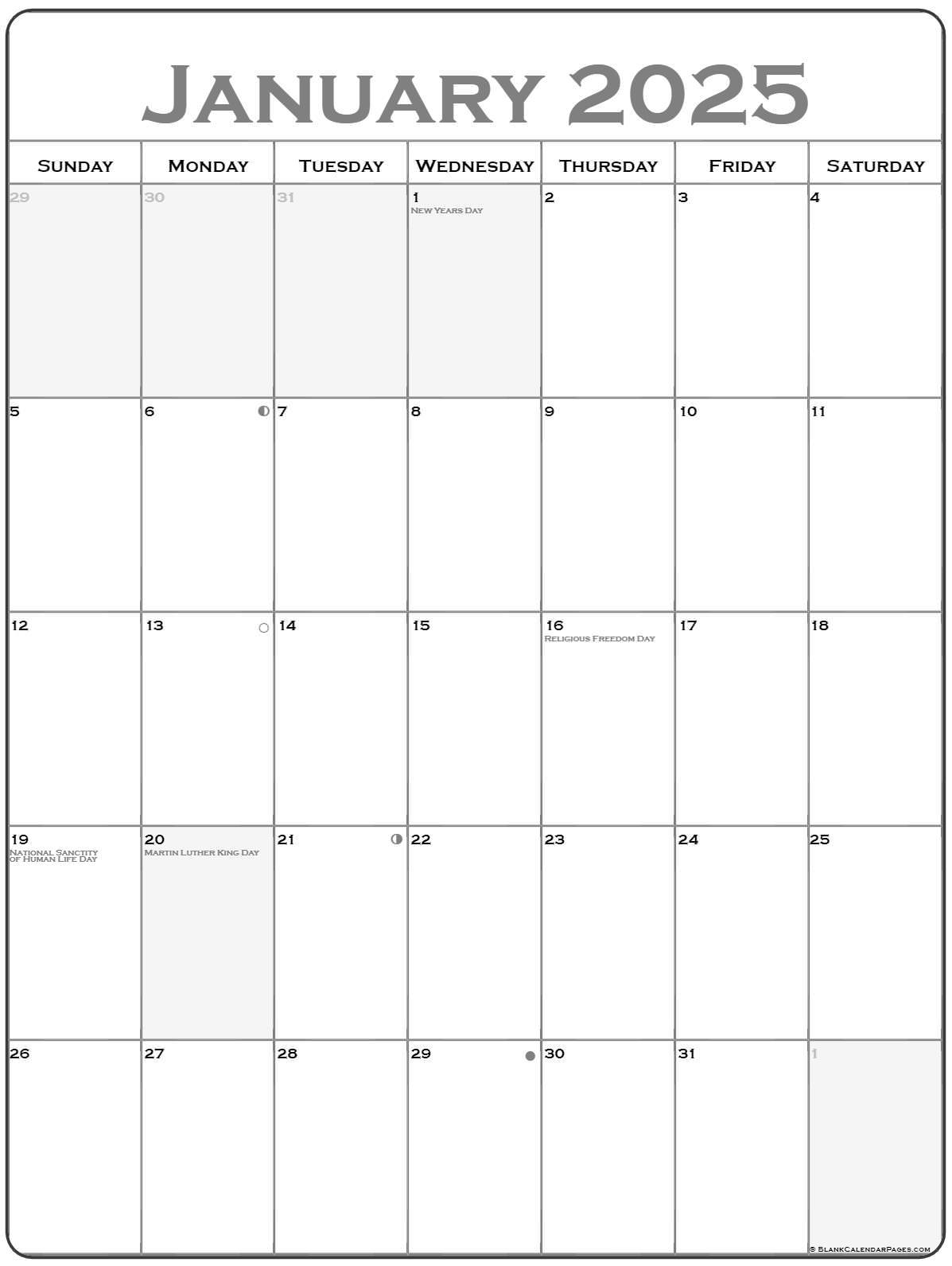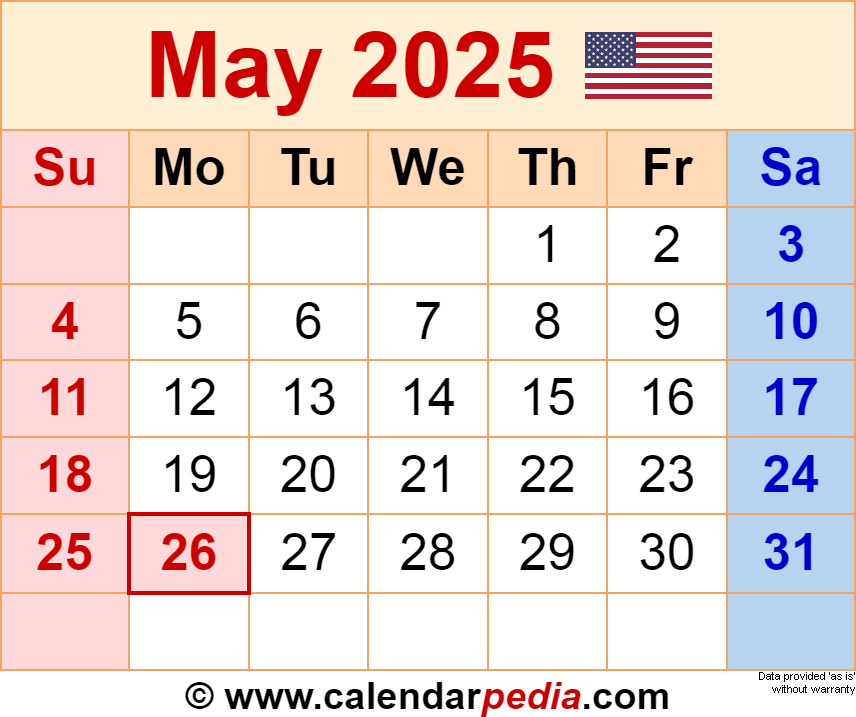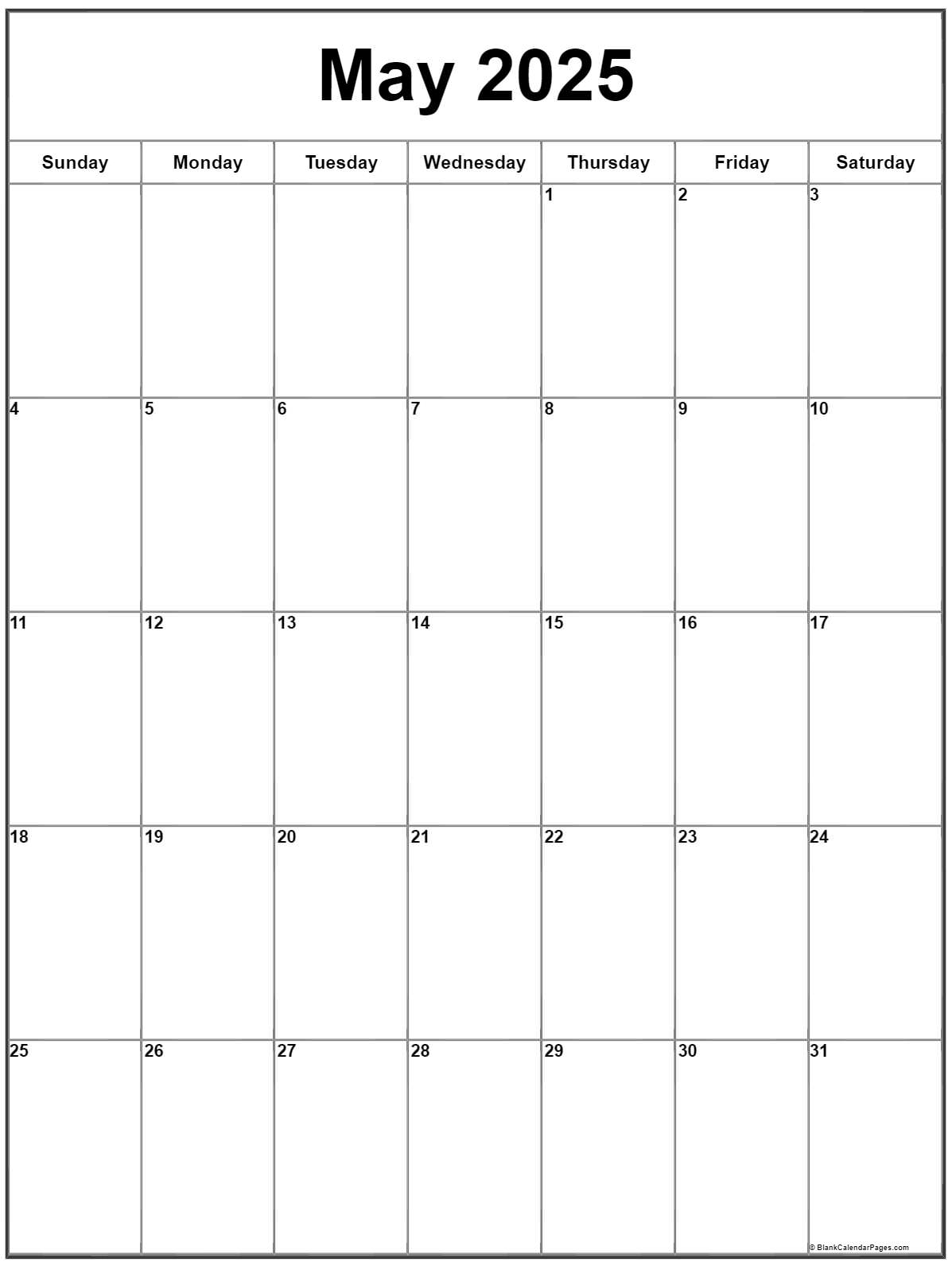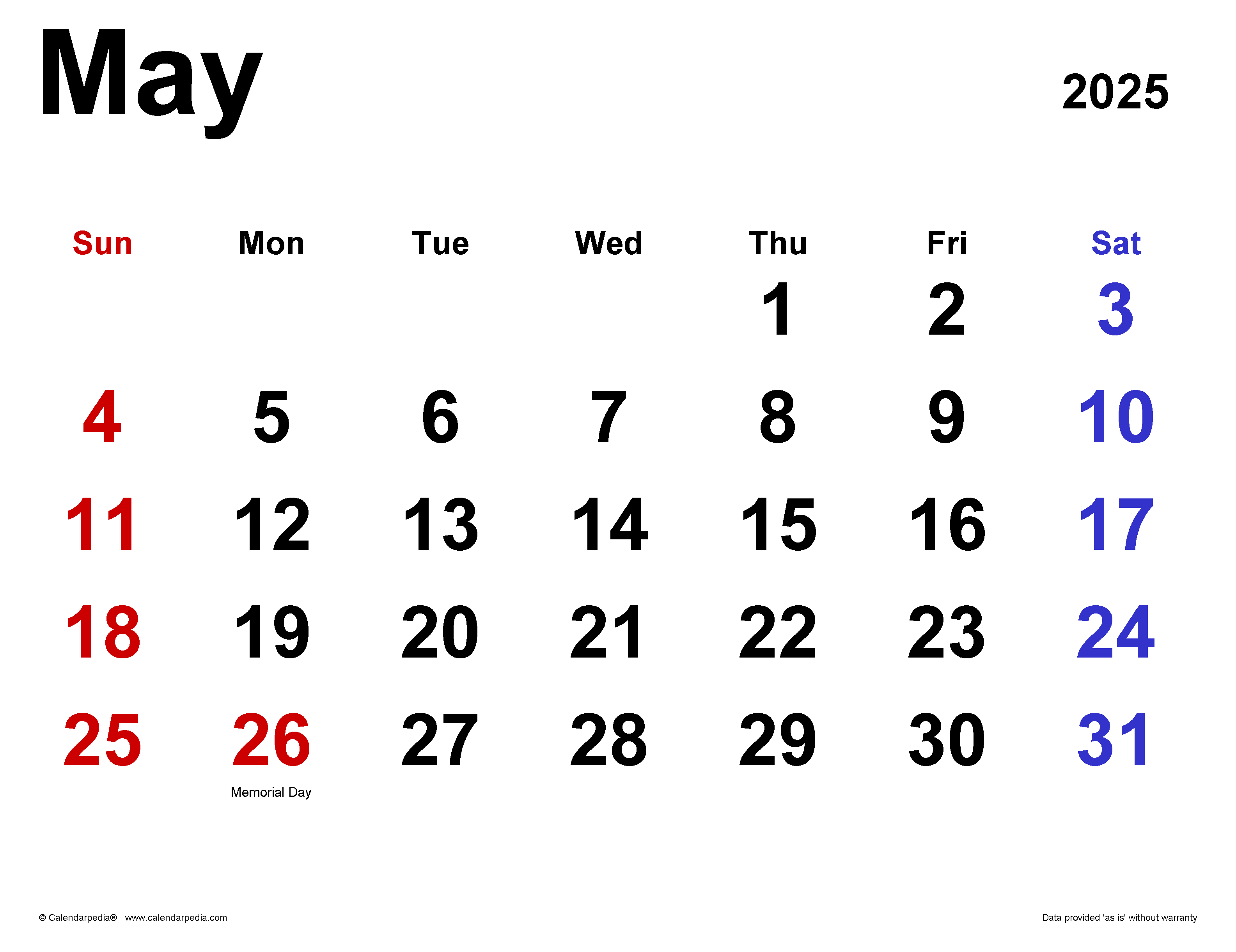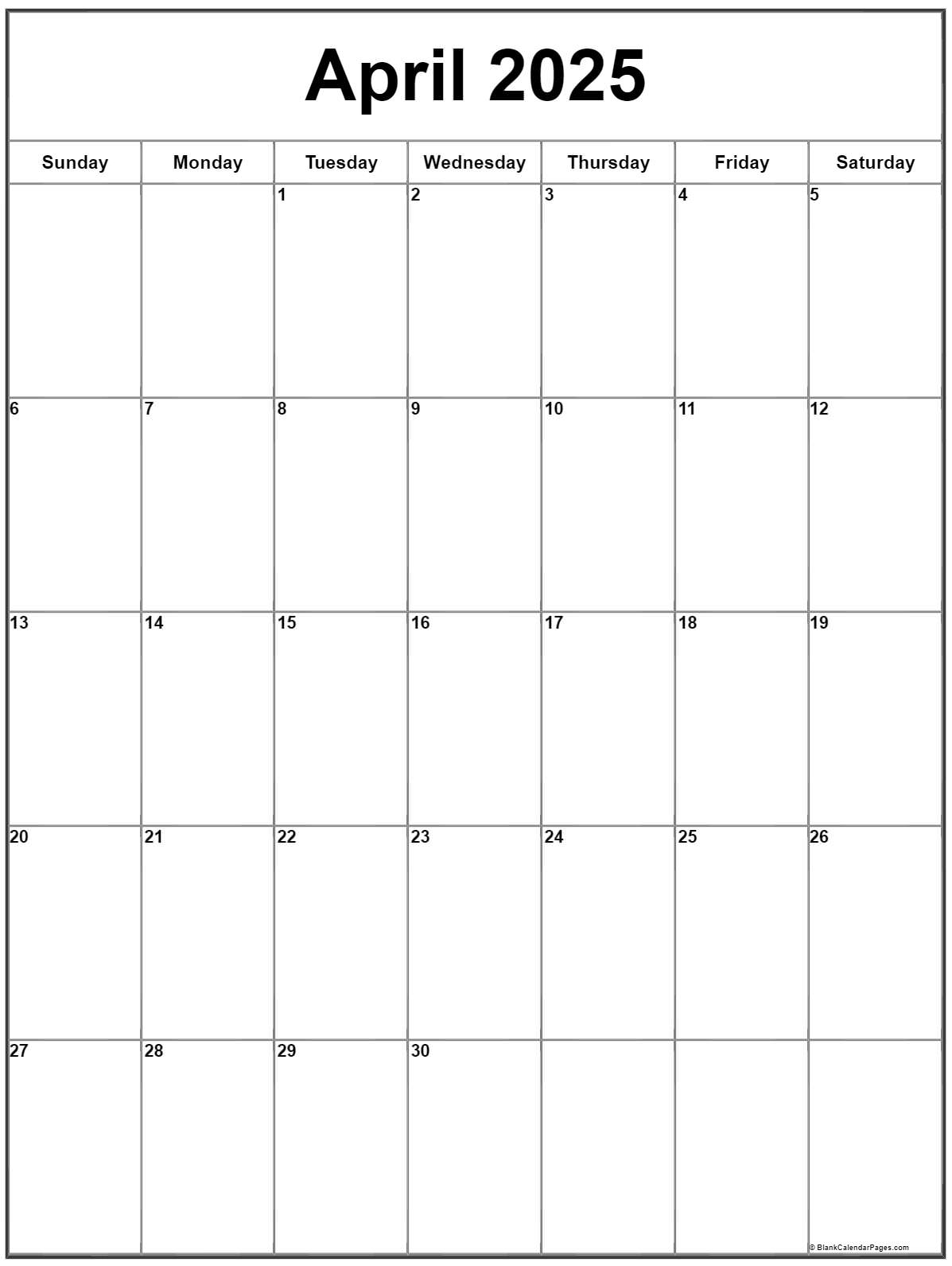What May 2025 Calendar Means
Decoding the May 2025 Calendar: More Than Just Dates
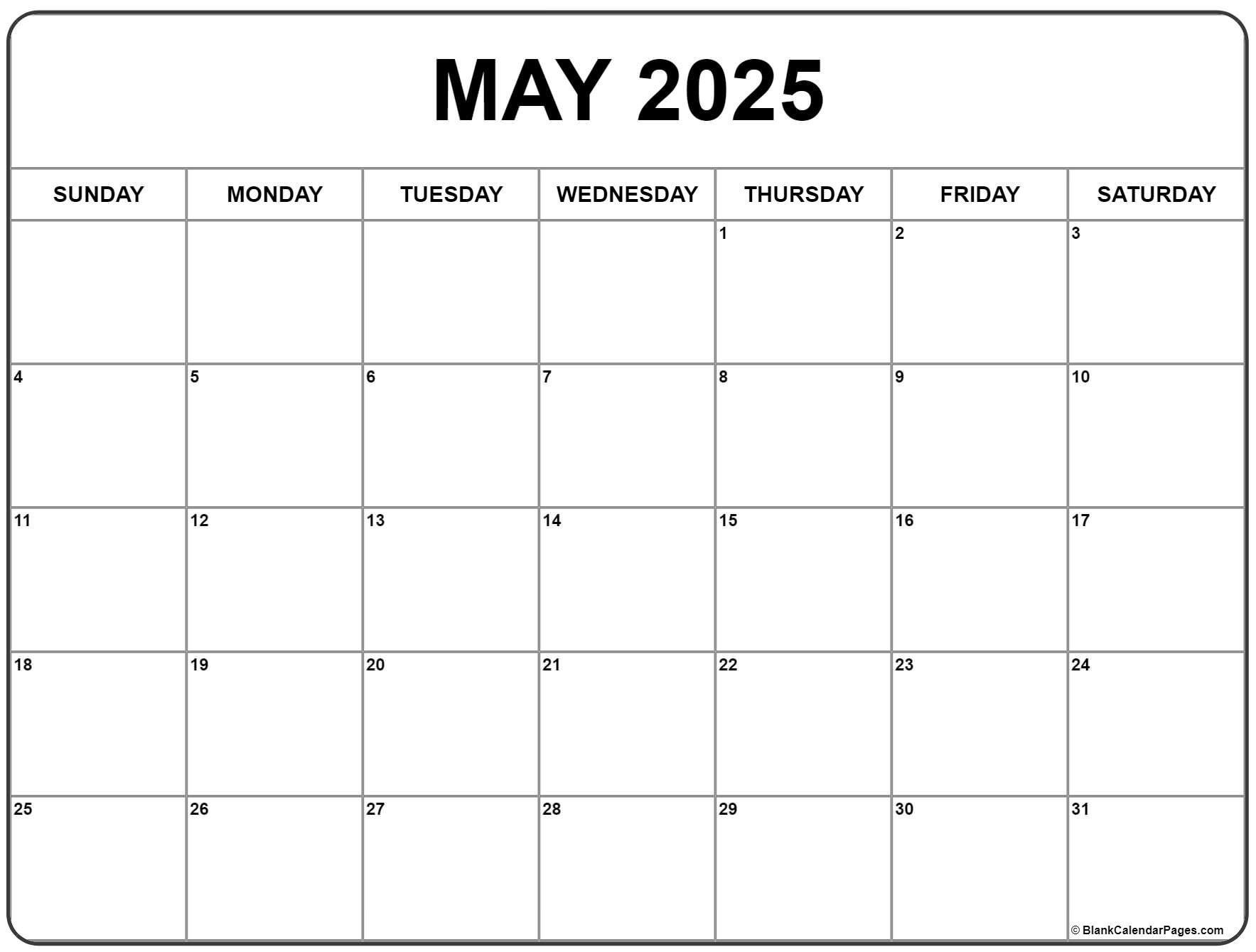
The May 2025 calendar, like any calendar, presents a seemingly simple grid of days, weeks, and months. However, a deeper look reveals a fascinating interplay of astronomical events, cultural observances, and potential societal impacts, going beyond the mere scheduling of appointments and deadlines. While there’s no inherent mystical significance to the specific arrangement of dates in May 2025, analyzing its structure allows us to explore the interwoven threads of timekeeping, societal rhythms, and human experience.
Astronomical Influences:
The May 2025 calendar is shaped, fundamentally, by the Earth’s rotation and revolution around the sun. The length of the month, the phases of the moon, and the position of the sun all influence our perception and experience of time. For May 2025, specific astronomical events will subtly, yet significantly, affect various aspects of life.
-
Lunar Phases: The moon’s phases, from new moon to full moon, have been linked to various phenomena, from agricultural practices to human behavior. The specific dates of the full moon and new moon in May 2025 will influence tidal patterns, impacting coastal communities and marine life. Furthermore, some cultures still base their calendars and festivals around lunar cycles, so the positioning of these phases within the May 2025 calendar will have cultural relevance for these communities.
-
Solar Position: The sun’s position in the sky throughout May 2025 will dictate daylight hours. As the Northern Hemisphere moves further into spring, daylight hours will continue to increase, impacting agriculture, energy consumption, and even human mood and activity levels. Longer daylight hours can lead to increased outdoor activities and a general feeling of optimism and energy.
-
Potential Eclipses: While the exact details need to be confirmed closer to the date, the possibility of lunar or solar eclipses in or around May 2025 would significantly impact the calendar’s significance. Eclipses have historically held cultural and symbolic weight in many societies, often associated with change, transformation, or even omens. The presence or absence of an eclipse in May 2025 will add another layer of meaning to the month’s events.
Cultural and Societal Impacts:
Beyond astronomy, the May 2025 calendar is interwoven with human culture and societal structures. The specific dates will coincide with various holidays, festivals, and commemorative events, shaping the month’s atmosphere and impacting individual and collective experiences.
-
Religious and Cultural Holidays: Many cultures celebrate significant religious or cultural holidays throughout the year. The placement of these holidays within the May 2025 calendar will dictate how they are observed and integrated into daily life. For instance, the timing of a religious festival might affect work schedules, travel plans, and family gatherings. The overlapping of holidays from different cultures could also lead to interesting intercultural interactions and celebrations.
-
National and International Observances: May 2025 will also contain various national and international observances, such as Mother’s Day, Memorial Day (in the US), or other significant commemorations specific to different countries. These observances shape public discourse, influence media coverage, and impact individual reflections on the past, present, and future.
-
Business and Economic Cycles: The May 2025 calendar will also be influenced by the business and economic cycles of the year. Specific dates might coincide with important business meetings, product launches, financial reporting deadlines, or major economic events. The calendar provides a framework for planning and organizing these crucial aspects of modern life.
-
Political Events: The calendar’s dates may align with political events such as elections, anniversaries of significant historical events, or international summits. These political occurrences can significantly shape the news cycle, public opinion, and even global relations. The proximity of these events to other events in May 2025 will influence their impact and interpretation.
The Interplay of Time and Human Experience:
The significance of the May 2025 calendar stems from the interplay between objective time, marked by astronomical events and societal structures, and subjective human experience. The same calendar can hold drastically different meanings for individuals based on their personal circumstances, cultural background, and individual perspectives.
For example, a student might see May 2025 as a month filled with exams and deadlines, while a farmer might view it through the lens of planting seasons and agricultural cycles. A family might focus on holidays and celebrations, while a businessperson might prioritize financial targets and professional goals.
The calendar, therefore, acts as a framework upon which individuals and communities build their own narratives and experiences. It’s a shared structure that allows for diverse interpretations and personal meanings.
Conclusion:
The May 2025 calendar is more than just a collection of dates; it’s a complex tapestry woven from astronomical events, cultural observances, and societal rhythms. While the arrangement of dates is determined by objective factors, its significance is shaped by subjective human experiences and interpretations. By analyzing the interplay of these factors, we can gain a deeper understanding of how time shapes our lives, influences our cultures, and connects us to the broader human experience. The seemingly simple act of consulting a calendar reveals a rich and multifaceted understanding of our world and our place within it. Ultimately, the meaning of the May 2025 calendar will be defined not only by the events it contains, but also by the way individuals and communities choose to engage with and interpret them. It’s a blank canvas awaiting the vibrant strokes of human experience, ready to be filled with memories, achievements, and the ongoing story of our shared existence.
